Dhaka, June 25 (V7N) – The number of dengue-related hospital admissions in Bangladesh continues to surge, with 394 new patients hospitalized in the past 24 hours as of 8:00 AM Tuesday, according to the Directorate General of Health Services (DGHS). This marks the fourth consecutive day that daily hospitalizations have surpassed the 300 mark. Compared to May, the number of dengue cases so far in June has more than doubled—rising nearly 2.5 times.
In its latest press release, the DGHS reported that while 1,773 people were hospitalized for dengue in the entire month of May, the number for June has already reached 4,199—with several days still remaining in the month. On Sunday and Saturday alone, 329 and 352 new hospitalizations were recorded, respectively.
Among the 394 patients admitted in the past 24 hours, the distribution by region is as follows: 157 in Barishal Division, 58 in Chattogram Division, 35 in Dhaka Division (outside city corporation areas), 42 in Dhaka North City Corporation, 50 in Dhaka South City Corporation, 8 in Khulna Division, and 44 in Rajshahi Division. No new dengue-related deaths have been reported in the last 24 hours. However, the total number of deaths due to dengue in 2024 has reached 34, with 11 of those occurring in June alone. The gender distribution of the deceased remains equal.
Bangladesh witnessed its worst-ever dengue outbreak in 2023, setting a 22-year record with 321,179 reported cases and 1,705 deaths. Before that, the highest number of cases was recorded in 2019, with 101,354 infections.
Amid the alarming rise in infections, a seminar was held on Monday at Bangladesh Medical University (BMU), focusing on current trends in COVID-19, dengue, and seasonal fevers. At the event, Associate Professor of Internal Medicine Dr. Nazmul Hasan presented a paper on dengue management guidelines. He emphasized that patients experiencing mild dengue symptoms—such as fever lasting 3–5 days, headaches, and body aches—should rest at home and stay hydrated by drinking fluids such as oral saline, fruit juices, and soup. For reducing fever, only paracetamol should be used. He warned against the use of aspirin, ibuprofen, or other NSAIDs, as they increase the risk of internal bleeding. Patients experiencing a sudden deterioration in health after the fever subsides—such as repeated vomiting, abdominal pain, bleeding, frequent faintness, shortness of breath, skin discoloration, restlessness, unconsciousness, or dizziness—should be taken to a hospital immediately. Pregnant women are particularly vulnerable and must receive prompt medical attention.
Dr. Hasan further cautioned against the use of steroids, as they weaken the immune system and can lead to fluid accumulation in the lungs. Studies show that steroids provide no clinical benefit in dengue treatment. Likewise, antibiotics are unnecessary unless there is a confirmed bacterial co-infection, such as pneumonia, in which case they should only be used under medical supervision. As dengue is a viral illness, antiviral treatment is also not applicable.
In the southern region of the country, the situation is becoming increasingly concerning. The Barisal Bureau reports that the dengue outbreak is intensifying in Barguna district. In the 24-hour period ending at midnight Monday, 157 new dengue cases were reported across the six districts of Barishal Division, with 93 of them in Barguna alone. According to the DGHS’s Barishal Divisional Office, 126 new cases were identified in the region on Sunday, including 73 in Barguna. The total number of active dengue patients in Barishal Division currently stands at 432, of whom 242 are in Barguna district.
Public health officials continue to urge citizens to eliminate mosquito breeding grounds, seek early medical care, and follow updated treatment guidelines to mitigate the impact of the outbreak.
END/SMA/RH/



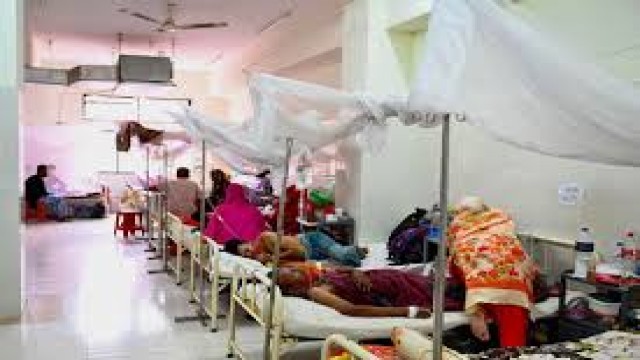

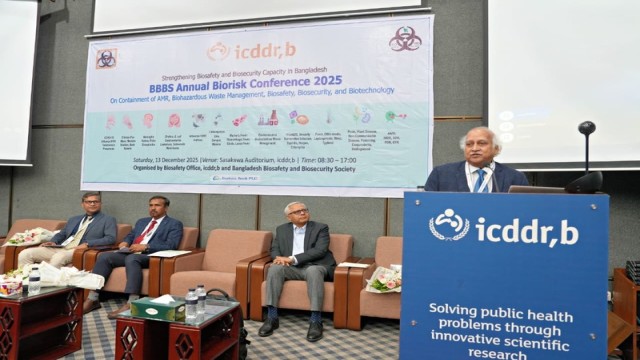
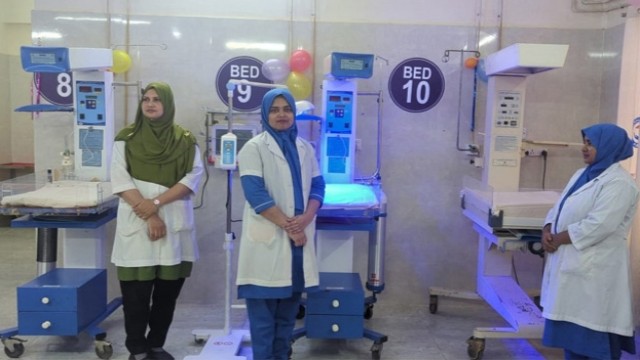
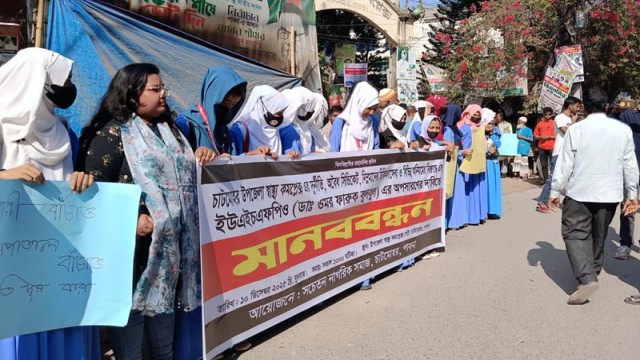
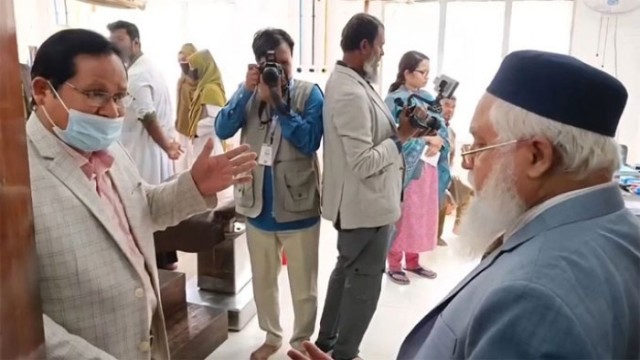
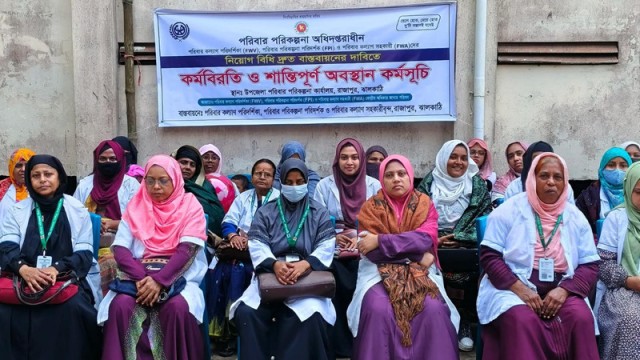





















Comment: